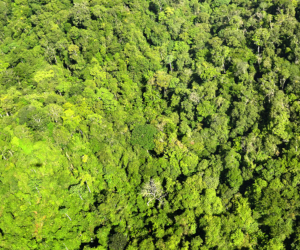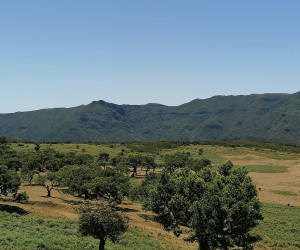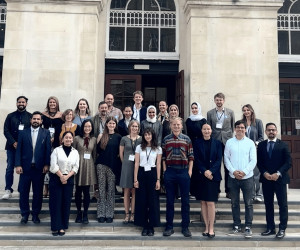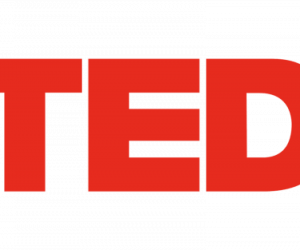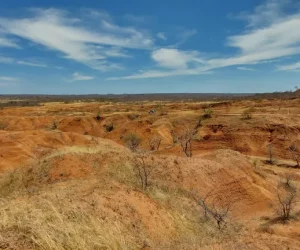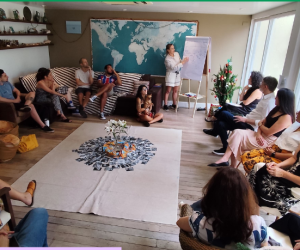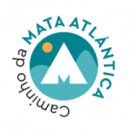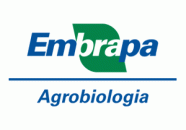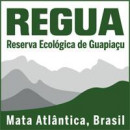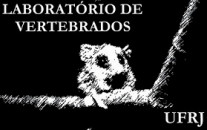On the Atlantic Forest trail: restoring landscapes and strengthening local production chains in the Central Fluminense Mosaic
Due to its history of degradation, great biological diversity, and a high degree of endemism, the Atlantic Forest is considered a global priority for ecosystem restoration. In the state of Rio de Janeiro, the region of the Central Fluminense Mosaic (MCF) is of enormous relevance to the conservation of the biome, as it is home to protected areas and a large portion of the population of Rio de Janeiro, thus restoration actions in the region have high potential to generate environmental and socioeconomic benefits.
For a little over two years, the project ‘On the Path of the Atlantic Forest (CMA): restoring landscapes and strengthening local productive chains in the Central Fluminense Mosaic (MCF)’ promoted the recovery of native vegetation and the strengthening of the forest productive chain and sustainable tourism, connecting Private Natural Heritage Reserves (RPPNs) and local actors in the Central Fluminense Mosaic (MCF).
The project, initiated in January 2022, had the following objectives:
- Restore 250 hectares of Atlantic Forest to increase functional connectivity between forest remnants in the extreme northern corridor of the Serra do Mar.
- Mobilize and empower local stakeholders in activities associated with native vegetation restoration, promoting and strengthening productive chains of forest seeds and seedlings, ecotourism, and rural tourism.
- Monitor restoration areas and their surroundings through fauna recording and Citizen Science tools, considering the ecosystemic and social benefits of restoration and providing support for research and development.
Restoration of 250 hectares with native species of the Atlantic Forest
Focusing on the extreme northern corridor of the Serra do Mar in Rio de Janeiro, the project restored 250 hectares of native Atlantic Forest vegetation across 12 private properties, spread across six municipalities.
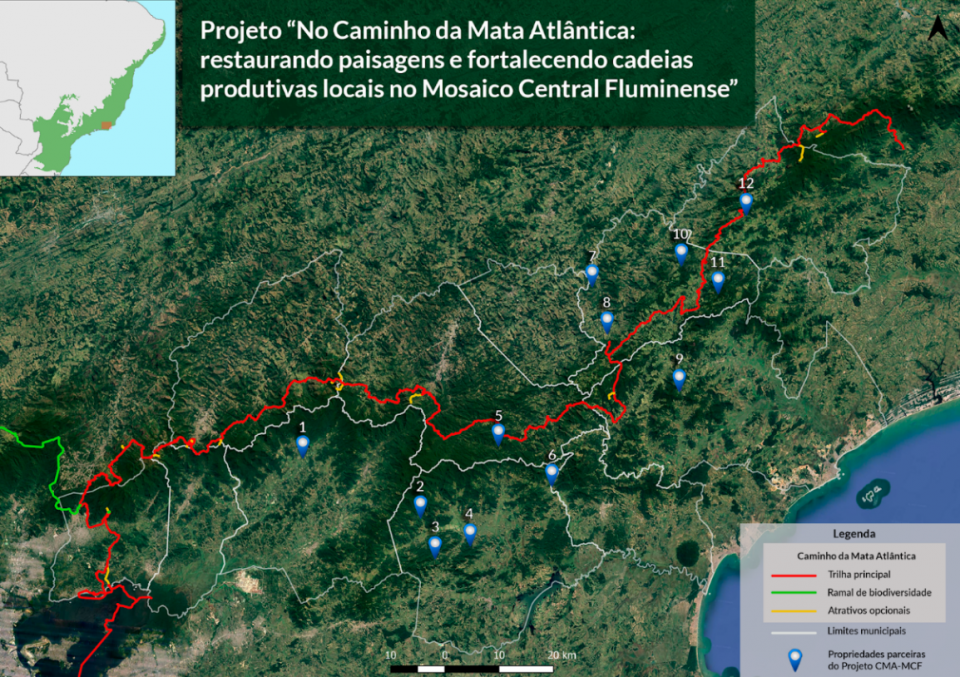
To increase cost-effectiveness of the interventions, priority was given to areas for restoration where low-cost techniques could be adopted. Whenever possible, restoration actions were based on natural regeneration; associated with ecological enrichment, which involves planting tree seedlings to enhance the diversity of native species.
Discover the 12 selected properties and the main restoration techniques used in each location. Click on the instagram link to discover Part 01 and Part 02.
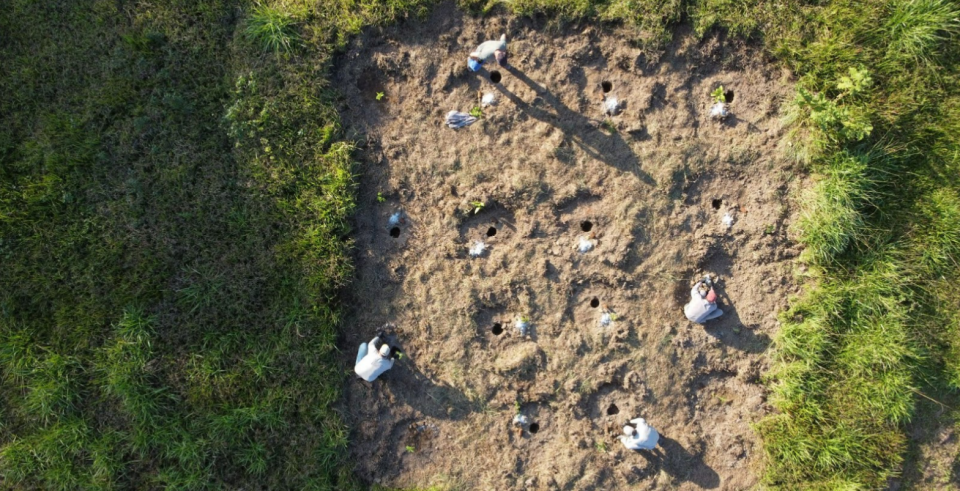
In total, 224 native tree species of the Atlantic Forest were planted. Priority was given to those with zoochoric dispersion, meaning they spread through animal movement, as well as species considered endangered. Over the 27 months of the project, more than 65 thousand seedlings from local nurseries were planted, strengthening the restoration productive chain and contributing to preserving local genetic diversity.
It can be stated that the activity was successfully completed, as not only were the proposed actions carried out within the project’s execution and financing period, but monitoring results indicated satisfactory performance in all areas worked on.
Engagement and strengthening of local networks
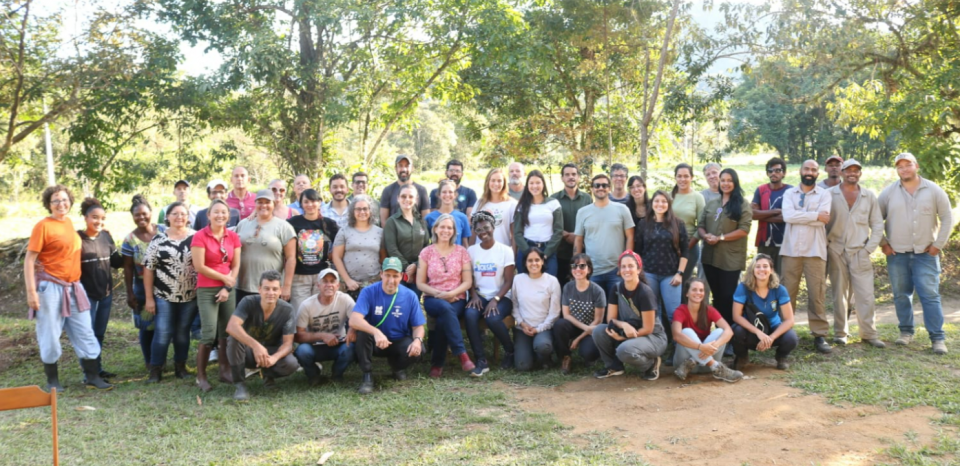
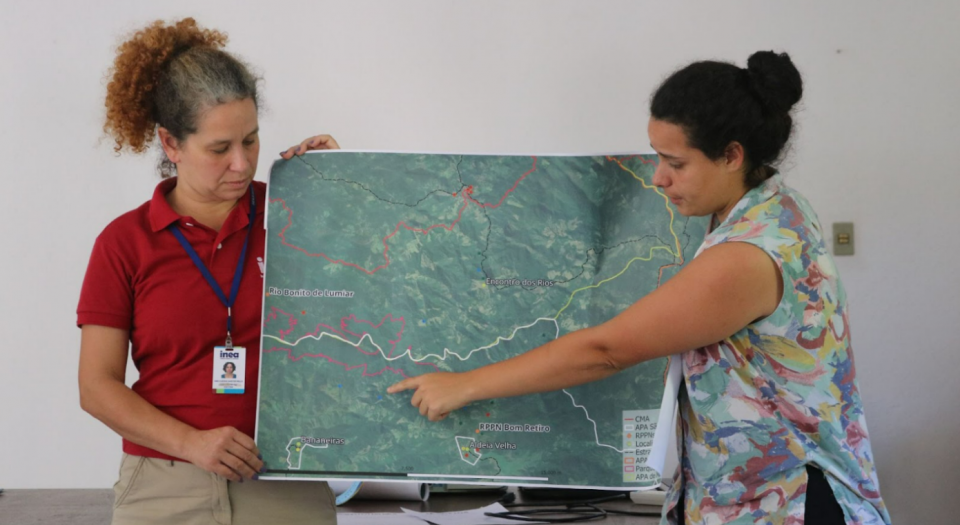
The CMA-MCF Project conducted actions focused on mobilizing and training local stakeholders in activities associated with native vegetation recovery. These actions aim to promote and strengthen productive chains of forest seeds and seedlings, ecotourism, and rural tourism. Together with partner institutions, the project organized 20 events with over 500 participants, including:
🚀 Official project launch – virtual;
👁️ 4 virtual workshops on fauna monitoring and citizen science, using the SISS-Geo Wildlife Health Information System app from Fiocruz;
😊 Virtual training on native vegetation recovery – consisting of 6 sessions;
🌳 4 in-person workshops on forest restoration;
🌱 3 in-person workshops on native seedling production;
📍 4 in-person workshops on planning and strengthening tourist routes associated with the CMA;
🚶♂️ 2 practical hiking guide workshops;
🏨 1 virtual workshop on tourist reception;
🎉 1 final event – held in person at the IIS headquarters.
Through tourism workshops, over 250 attractions and 95 stakeholders engaged in sustainable tourism in the region were mapped, with 10 of them becoming official partners of the CMA. These efforts resulted in the creation of 3 new routes associated with the CMA, already advertised on the website.
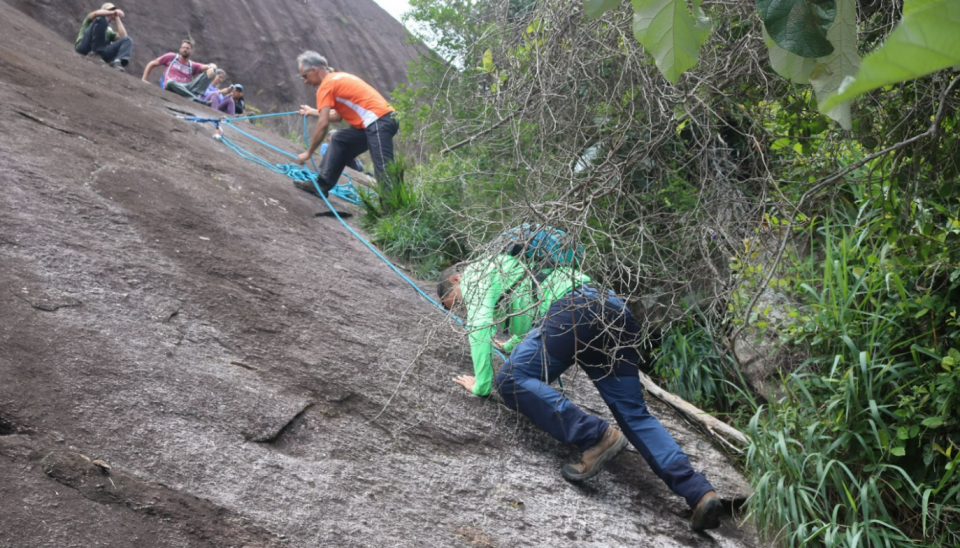
The activities brought together a diverse audience, including farmers and landowners, nursery owners, managers of Conservation Units (UCs) and park rangers, researchers, students, hikers, local guides, representatives from municipalities and state agencies linked to environment, tourism, agriculture, and rural extension.
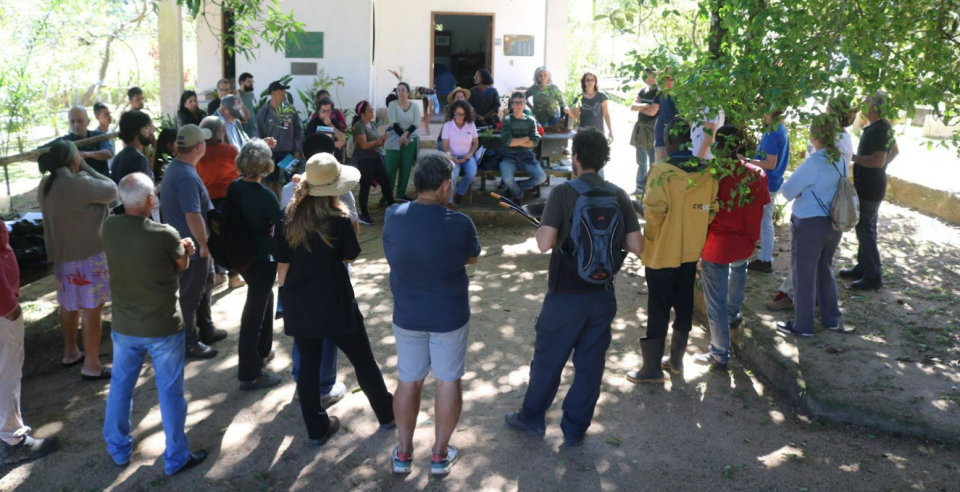
Fauna monitoring

A total of 53 camera traps were installed on the 12 partner properties in restoration areas implemented by the project itself.
Over 19 months (6,917 trap x nights), 29 mammal species were recorded in the project’s restoration areas, including 25 native species of the Atlantic Forest and four exotic/domesticated species, including a family of tapirs with a calf (Tapirus terrestris), a species reintroduced by the Refauna Project. We also highlight some endangered species that were filmed by the camera traps:
- Callithrix aurita – Black-tufted marmoset or Buffy-tufted marmoset – Endangered (EN)
- Herpailurus yagouaroundi – Jaguarundi, eyra cat – Vulnerable (VU)
- Leopardus guttulus – Southern tigrina – Vulnerable (VU)
- Leopardus wiedii – Margay – Vulnerable (VU)
- Tapirus terrestris – South American tapir – Vulnerable (VU)
Fauna monitoring allowed a better understanding of which species are circulating in the restoration areas, and the records demonstrated their importance and potential for evaluating the effectiveness of restoration and functional connectivity in the forest fragments of these landscapes.
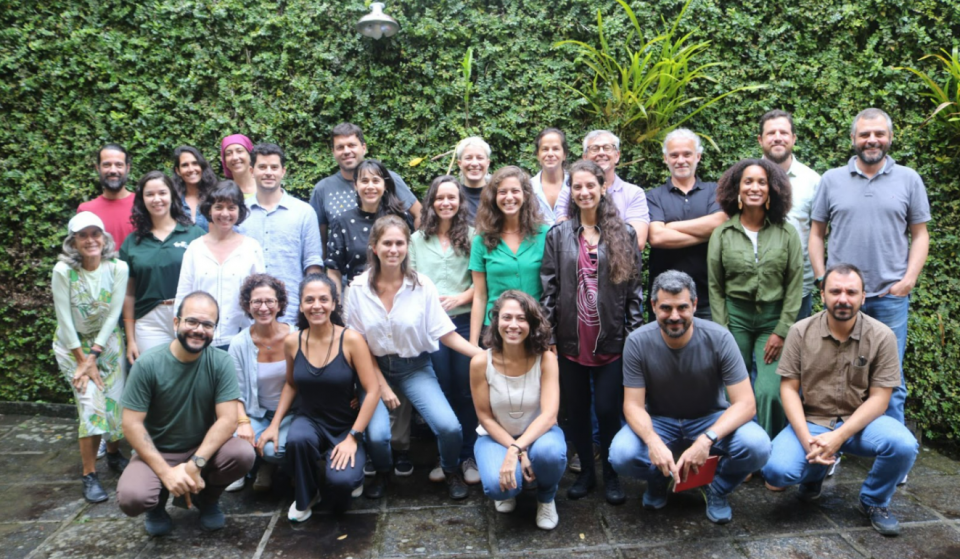
On January 26, 2024, a technical workshop was held at the IIS headquarters with the aim of listing and prioritizing fauna indicators so that this component of biodiversity is also considered in restoration monitoring. For this purpose, 28 experts in fauna monitoring and/or restoration were gathered. The results of this workshop will be published to reinforce the importance of this approach to decision-makers in the public and private sectors, as well as civil society organizations involved in the restoration theme.
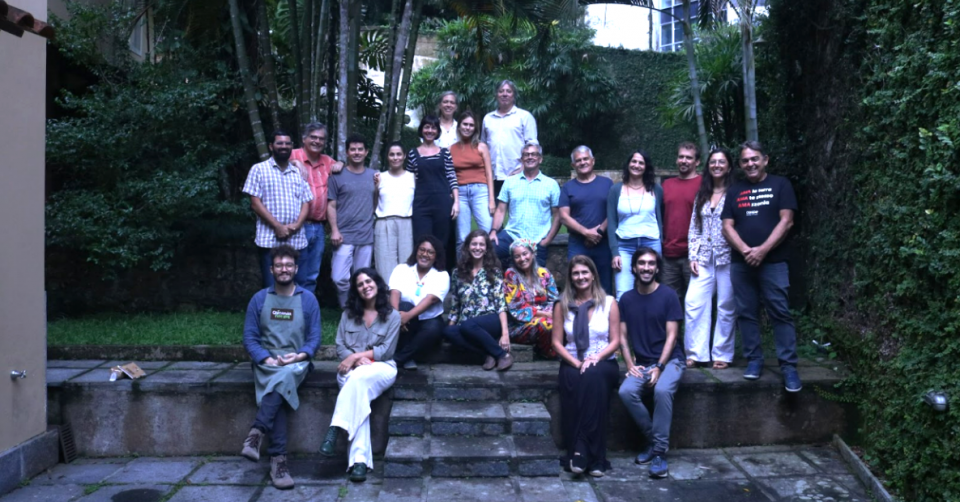
Over two years, the project was implemented by the International Institute for Sustainability (IIS) and the Atlantic Forest Path (CMA), the project is a partnership with the Vertebrate Laboratory of the UFRJ Biology Institute (LabVert); Fiocruz, through the Wildlife Health Information System (SISS-Geo); Agroicone, under the SiAMA project (Agroforestry Systems in the Atlantic Forest); Embrapa Agrobiology, and the Guapiaçu Ecological Reserve (REGUA).
The Atlantic Forest Trail (CMA), a voluntary initiative of many partners, contributed to the monitoring of fauna, mapping of the tourism production chain, development of tourist itineraries, and contacts with local protected areas.
The Vertebrate Laboratory of the Biology Institute of UFRJ (LabVert) was responsible for coordinating the Specific Objective related to monitoring areas with restoration actions.
Fiocruz was the project’s partner in the participatory monitoring of biodiversity, using the Information System on Wildlife Health – SISS-Geo. This platform stores and makes available all the information on wild animal occurrence records provided by partners and volunteers. In addition to allowing the monitoring of possible health risks, the platform allows an assessment of the state of conservation of the fauna along the Atlantic Forest Trail.
Agroicone partnershiped in the capacity building and mobilization activities and contributed to the production of materials and the organization of the capacity building activities, besides sharing the experiences and materials produced by Agroicone and partner institutions in the framework of the SiAMA project (Agroforestry Systems in the Atlantic Forest).
Embrapa Agrobiology, through two researchers from its technical staff, contributed to the capacity building of the target audience in topics related to the production of seeds and seedlings of forest species, legislation, and recovery of degraded areas. It also helped in planning the implementation and maintenance of projects for the recovery of degraded areas and in advising nurserymen on the production of quality seedlings.
The Guapiaçu Ecological Reserve (REGUA) contributed to the project’s objectives related to reforestation and monitoring activities, besides making space available for the periodic meetings.
With a budget of 2.8 million reais, the initiative was developed with support from the Biodiversity and Climate Change in the Atlantic Forest project, a Brazilian government project, coordinated by the Ministry of the Environment (MMA), in the context of the Brazil-Germany Cooperation for Sustainable Development, under the International Climate Protection Initiative (IKI) of the German Ministry for the Environment, Nature Conservation, Building and Nuclear Safety (BMUB), with financial support through the KfW Entwicklungsbank (German Development Bank), through the Brazilian Biodivesity Fund – FUNBIO.
Related Themes
Related Content
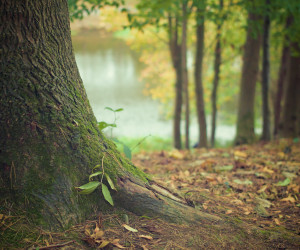
Economic analysis of productive chain on the recovery of native vegetation in the region of Rio de Janeiro Central Atlantic Forest Conservation Units
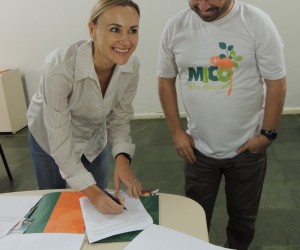
The restoration assessment through sustainability indicators: the case of Rio de Janeiro
